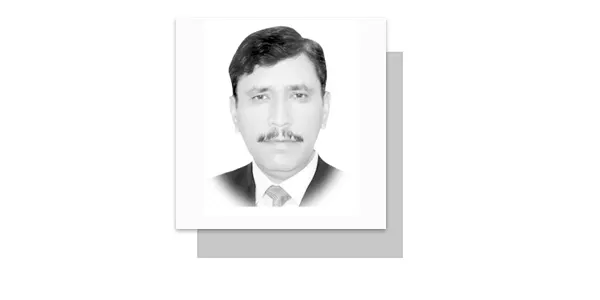Pakistan’s economic trajectory has long been shaped by foreign-funded development models, particularly those backed by the World Bank and other international lenders. While these policies were intended to modernize the country’s infrastructure, boost industrialization, and foster economic growth, they have inadvertently introduced structural anomalies that have exacerbated the country’s humanitarian crisis. The consequences of these development strategies are evident in Pakistan’s persistent economic stagnation, mounting poverty, and increasingly dire social indicators.
Historically, Pakistan’s development model has relied heavily on large-scale infrastructure projects funded by foreign loans.
The World Bank’s influence is particularly significant in this regard, with the institution funding initiatives such as massive irrigation systems in the Indus Basin and the construction of roads and energy infrastructure. While these projects were intended to stimulate agricultural productivity and industrial growth, they have also led to profound environmental and social consequences.
The concentration of wealth and power in hands of handful elite, driven by industrialization and economic liberalization, has trapped 40 percent of Pakistanis in poverty. Human development indicators are stagnating: Pakistan allocates less than 1% of its GDP to healthcare and just one percent of GDP on education. The mental health crisis further exacerbates the situation, with one in four Pakistanis expected to experience a mental health disorder in their lifetime, but over 80% lacking access to proper care. These systemic issues are deeply intertwined with the consequences of past policies and require urgent reform.
The World Bank’s new Country Partnership Framework (CPF) presents an opportunity to shift this trajectory. The CPF’s focus on improving governance, boosting renewable energy capacity, and enhancing human development outcomes holds the potential to address Pakistan’s systemic issues. However, to break the cycle of debt and despair, the CPF must focus not only on economic growth but also on tackling the root causes of inequality and poverty.
The CPF must prioritize structural reforms aimed at dismantling the system of elite capture that has hindered equitable development for decades. Empowering local governments, strengthening institutions, and devolving decision-making power to communities can ensure that development benefits reach the people who need them most.
The CPF’s focus on human capital—investing in education, healthcare, and mental health services—could also reverse Pakistan’s deteriorating social indicators. If properly implemented, the CPF could help Pakistan emerge from its cycle of debt dependency and environmental degradation, offering a path toward more sustainable, inclusive, and equitable growth.
However, the success of the CPF depends on Pakistan’s ability to break free from the entrenched political and economic structures that have historically prioritized the interests of a few over the needs of the many.
Without addressing these governance issues, the CPF’s lofty goals may fall short of delivering the transformative change Pakistan so desperately needs.
—The writer is contributing|
columnist, based in Islamabad.










